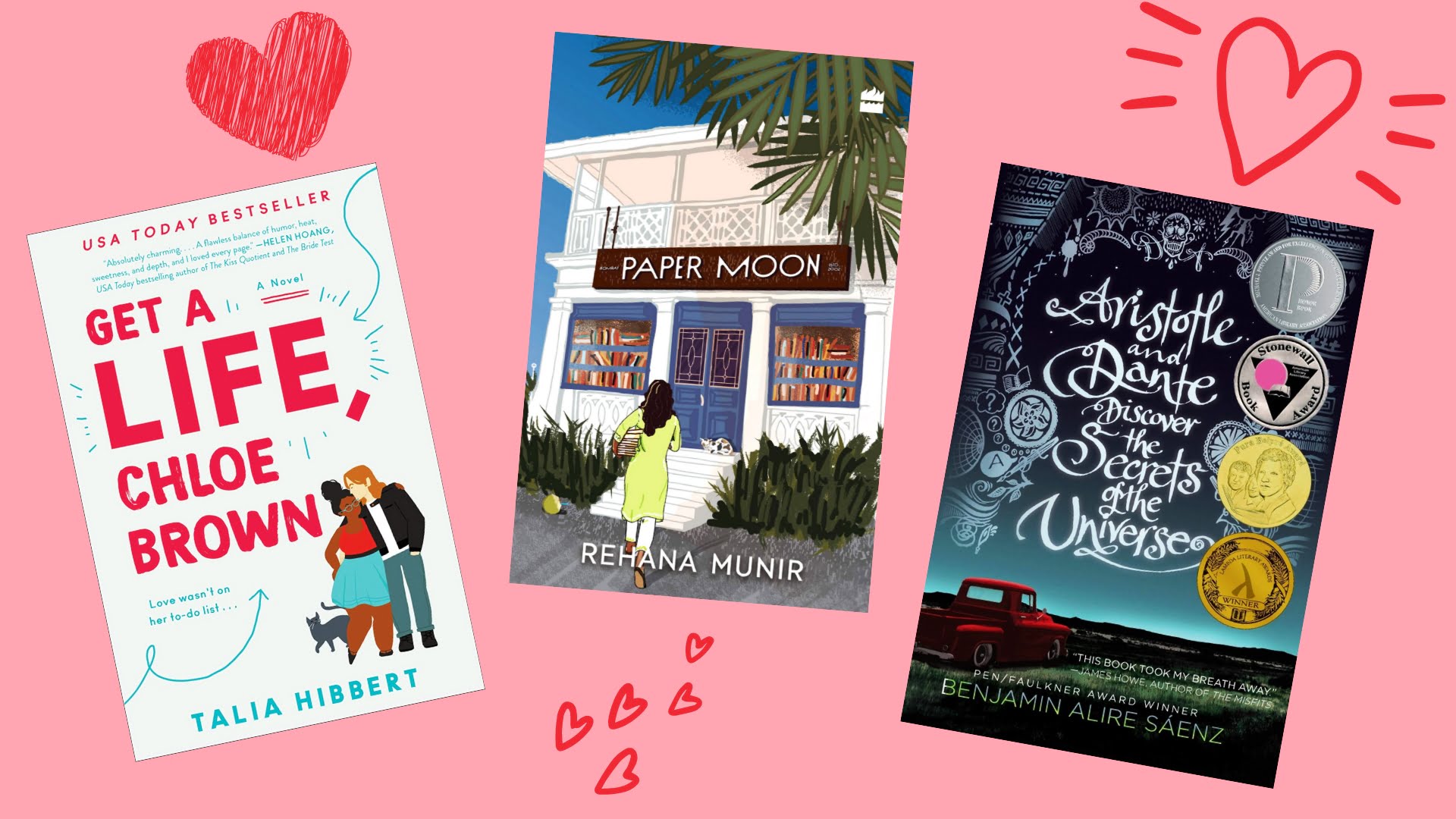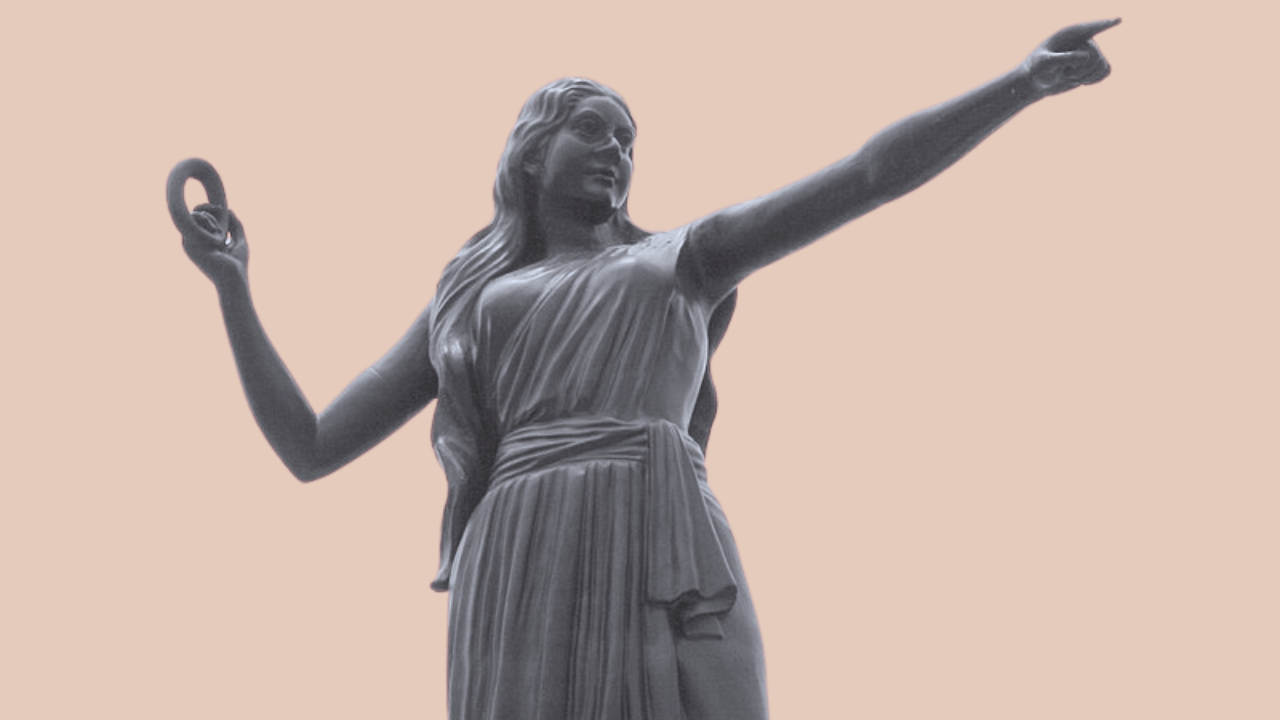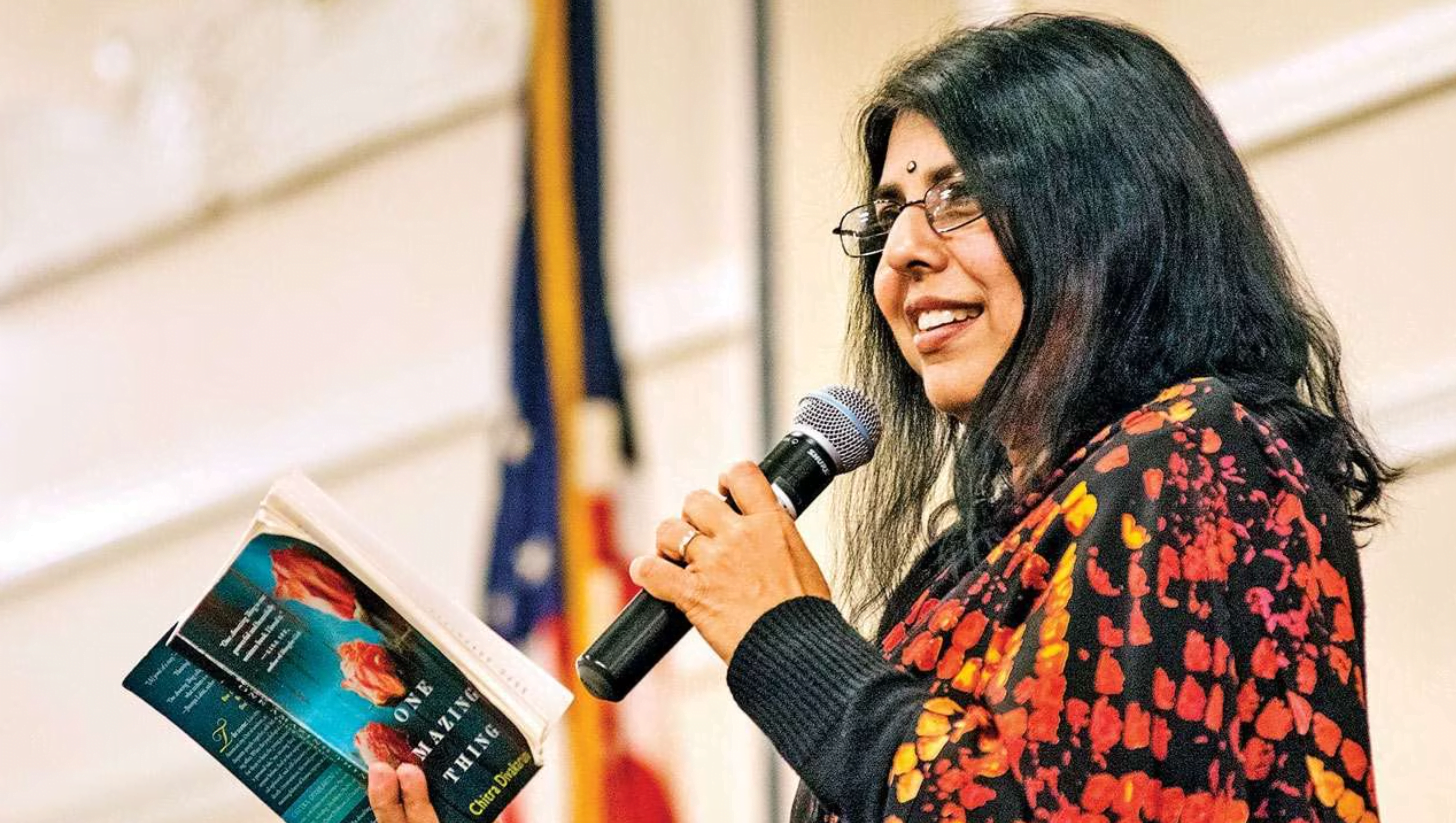There was a slight sliver of space dedicated to romance novels and “chick-lit” in the famed Eloor Library of Kochi. As a child, I’d have to pretend to be engrossed in the classics and age-appropriate young adult (teen fiction back then) sections to retain my standing as a reader. Once my father was convinced that I’d picked the right books, I’d sneak off to the romance section.
Feeling utterly thrilled, I’d pick up a random book with an eye-catching cover. Beautiful people, heaving chests, flowing skirts and angst-filled stares…you know the drill. Mostly, I’d manage to get a book checked out by the bespectacled and bemused librarian.
You might have heard of chick-lit and romance novels even if you’re not a reader, mostly for its notoriety. These were the books that people snorted at when you picked them up. You were then told to read more “high-brow” literature (translates to read white men).
Also read: Chick Flicks And Our Love-Hate Relationship With Them
You might have heard of chick-lit and romance novels even if you’re not a reader, mostly for its notoriety. These were the books that people snorted at when you picked them up. You were then told to read more “high-brow” literature (translates to read white men).
For decades, romance novels have been looked down upon by intelligentsia and society in general, even while topping bestseller lists. Yes, there were the occasional Jane Austen and the Brontes but they were more exceptions than rules.
You don’t have to look closely for the reason behind this derogatory narrative around romance novels- it’s run of the mill patriarchy. A patriarchal society pursues a dichotomy wherein it markets stereotypical notions and products towards femmes and then considers them unworthy for buying into it.
It’s a double-edged sword that permeates through all of our lives, especially from an entertainment and consumption perspective. Anything femme folks like or is tailored exclusively towards us is not considered to be holding of substance.

Think back to instances in your own households and families. The general derision and nausea with which the male members of my extended family treated the ‘Vanitha’ magazine, a monthly Malayalam publication that was dedicated to women, is a perfect example. Yet, it was Vanitha (while having multiple problematic issues) that taught my amma and aunts about how to take care of their reproductive health and kept them entertained with stories.
For years, femme folks have dreamed of better futures and better partners through romantic novels. We have been able to recognise what we deserve through these collective imaginations since romance was one of the few genres where we were not written one-dimensionally.
We were not just decorative figures for the main hero like the women in refrigerators trope or sacrificial lambs. We were represented in the nuance and realism we deserved.
Nowadays, this has also thankfully progressed into more diverse, queer, trans and non-binary literature. It helps propagate the truth that that beautiful romance novels are not just a ‘white cis-het thing.’ It is a marvellous development as we see #ownvoices being pushed to the forefront. Own voices refers to “an author from a marginalized or under-represented group writing about their own experiences/from their own perspective, rather than someone from an outside perspective writing as a character from an under-represented group.”
This has been slowly but surely bringing a well needed change in literature and romance has been leading the charge. I recently read a couple of well-rounded romance novels that enabled me to recognise a lot of the bias I hold.

Take ‘Get a life, Chloe Brown’ by Talia Hibbert, for instance. The protagonists are a black woman who has a chronic illness and a man who is healing from an abusive relationship. These are not your typical romance novel characters and that’s exactly where the beauty and realness lie. Chloe Brown taught me a lot about disability invisibility and my lack of advocacy for the same. We are brought up with pitiful visceral ideas of disability that are hugely problematic and alternative representations are important.
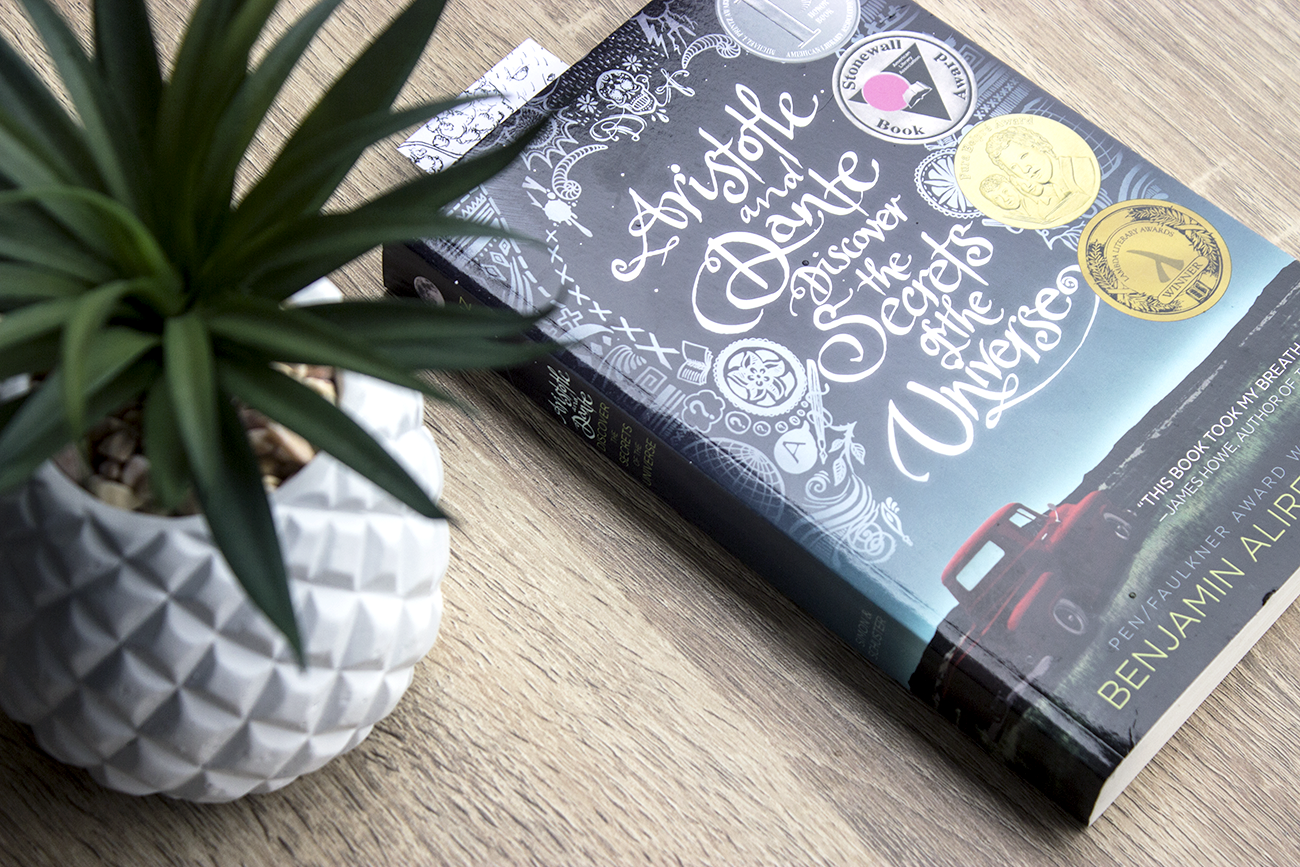
Paper Moon by Rehana Munir was also a read that steered clear of one-dimensional leads with the protagonist Fiza Khalid actually being affected by the political events around her. Fiza takes her love life and sexuality in her own stride without cow-towing to another’s demands. There’s also ‘Aristotle and Dante discover the Secrets of the Universe’ by Benjamin Alire Sáenz. It is a beautiful story of two young boys falling in love while dealing with family issues, puberty and sexual identity.
Reading romance novels have, time and again, opened my eyes to incredible truths about representation, identity and sexuality and I’ve felt bolts of joy and desire in the process. Sometimes it also takes art and someone else’s story to help you recognise patterns of abuse and gaslighting within your own relationships, romantic or otherwise.
Also read: “Defying Patronage To My Desires!” – Women And Erotic Literature
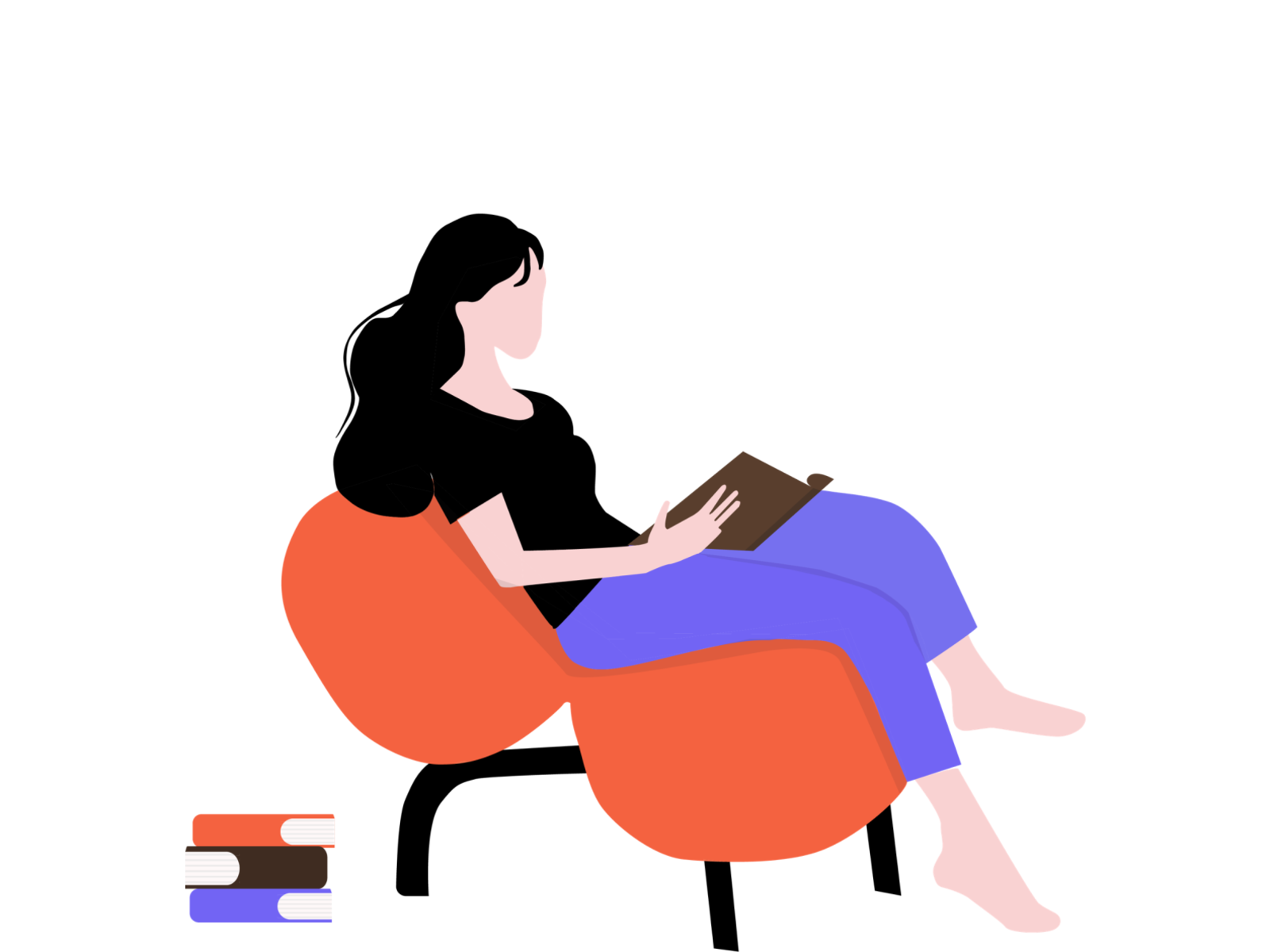
What an incredibly powerful tool that if provided to people in healthy formats can help them build blueprints for future relationships. These stories can offer healthy models of conflict and repair.
Sure, you’ll still find a lot of problematic romance novels and that is mostly indicative of society and publishing patterns. Romance novels have historically left out marginalised narratives and we do need to push for better representation and progressive plots in this genre. For instance, I could not find many Indian books in the Sapphic romance genre. This must be looked upon as an area of growth rather than a reason to decry a whole set of books.
Over the years, I stopped hiding away the covers or the names of the romance novels I was reading. It took a lot of critical reading and thinking to recognise my own conditioning and to wholeheartedly pursue the pleasures I enjoy. I now refuse to shy away from my fondness for a good happy ending or a nuanced tale about desire.
Over the years, I stopped hiding away the covers or the names of the romance novels I was reading. It took a lot of critical reading and thinking to recognise my own conditioning and to wholeheartedly pursue the pleasures I enjoy. I now refuse to shy away from my fondness for a good happy ending or a nuanced tale about desire.
I hope to step into Eloor library one day when it’s safe and park myself in between those beloved shelves. Maybe I’ll make some friends who see the same magic in these stories because when you say don’t judge a book by its cover, we include those lovely bright romance novels’ covers too.
Darsana Mohan is a writer, poet and reader from Kochi. She is currently living in Bangalore and has been involved in the city’s varied book and poetry communities. She is a Social Media Manager and Fiction reader for the Bengaluru Review Magazine. She is currently pursuing a masters in English and actively chronicles her reading on Instagram at @darshreads.
